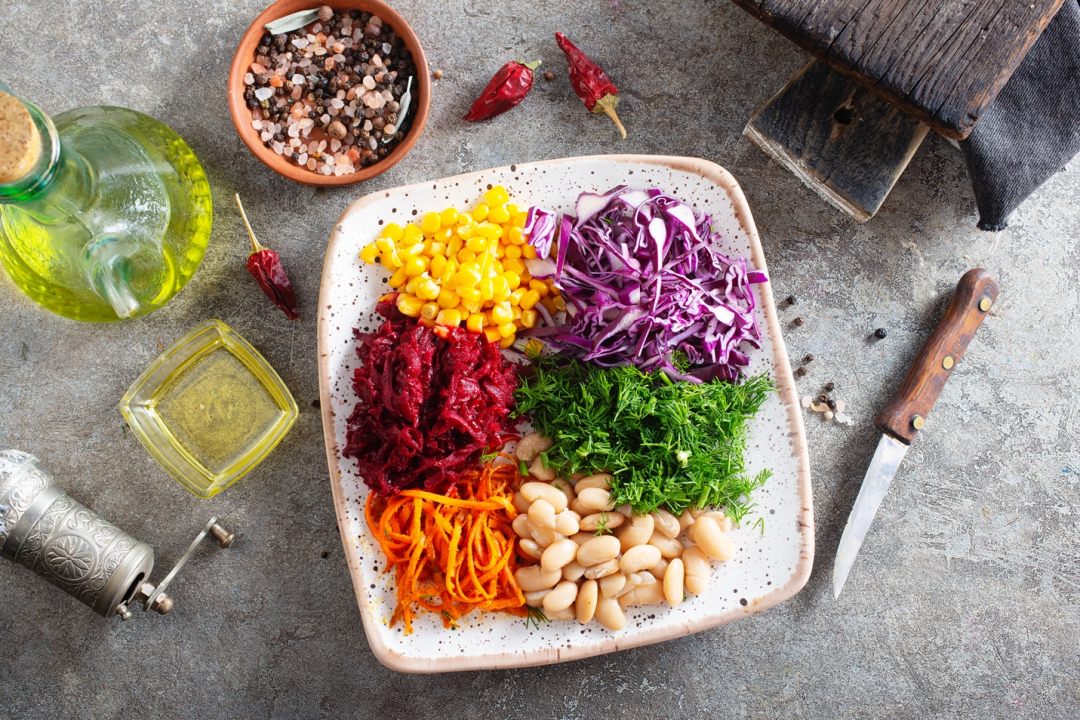
Meal Planning and Cooking for Bariatric Patients
Weight loss surgery is most effective when it’s combined with a series of lifestyle adjustments during and after recovery from the procedure. It’s essential to see the bariatric procedure as one part of a comprehensive plan to improve overall health. Another important part of the plan is eating a healthy diet to promote proper nutrition. Strategies including meal planning and cooking bariatric-friendly meals at home should be adopted to support these goals.
Bariatric Meal Planning
The best way to approach bariatric meal planning is to break up your recovery into stages. As your body heals and you get accustomed to the changes made to your digestive system, you will need to make adjustments to your diet. Here are some guidelines to plan for during each stage of post-bariatric recovery:
- Post-Surgery – Directly after your procedure, you will be on a liquid diet made up of light liquids such as gelatin and broth. This will continue for about a week after you leave the hospital.
- Second Week – As you enter the second week of recovery, you can increase the variety of liquids in your diet. Items to try adding in include protein shakes, pudding, and yogurt.
- Third to Fourth Weeks – Once you get to weeks three and four of recovery, you can open up your diet further by cooking foods that are high in protein at home and pureeing them before eating. By the fifth week, soft, non-fibrous vegetables can also be simply prepared and pureed at home.
- Sixth through Eighth Weeks – The goal of slowly adding to your diet is to eventually work your way up to eating solid foods again. During weeks six to eight after your procedure, you can eat soft foods. Try eating the same protein-rich foods as the previous step, in addition to cooked fruits and vegetables, without fully pureeing them. Solid foods can be attempted around week 9.
Tips for Bariatric Meals
Making adjustments to what you eat is important, but so is changing how you eat. Here are some tips for eating bariatric-friendly meals:
- Portion Size – Even after you have recovered and started eating solid foods again, you won’t be able to eat large amounts of food in one sitting. It’s important to limit portion size and focus on eating smaller meals more frequently throughout the day.
- Chew Well – Eat slowly and chew every bite thoroughly. This will help prevent dumping syndrome from occurring, which can result from food entering the small intestine too quickly, leading to uncomfortable symptoms including sweating, dizziness, nausea, vomiting, and diarrhea.
- What to Avoid – Certain foods and substances should be avoided or limited for bariatric patients in order to promote proper recovery and support overall health. This includes foods high in sugar, fat, and carbs, alcohol, and caffeine. Drinking during meals should also be avoided. Instead, aim to consume any beverages 30 minutes before or after a meal.
Get Personalized Dietary Advice
Meal planning after bariatric surgery can be a major adjustment, and you will likely run into a lot of questions along the way. Don’t hesitate to reach out to the bariatric care team at Wellstar Bariatrics with any questions or concerns. Our providers can give you personalized nutrition advice, including tips on planning your meals and meeting your unique dietary needs. Get in touch today to find out more.
